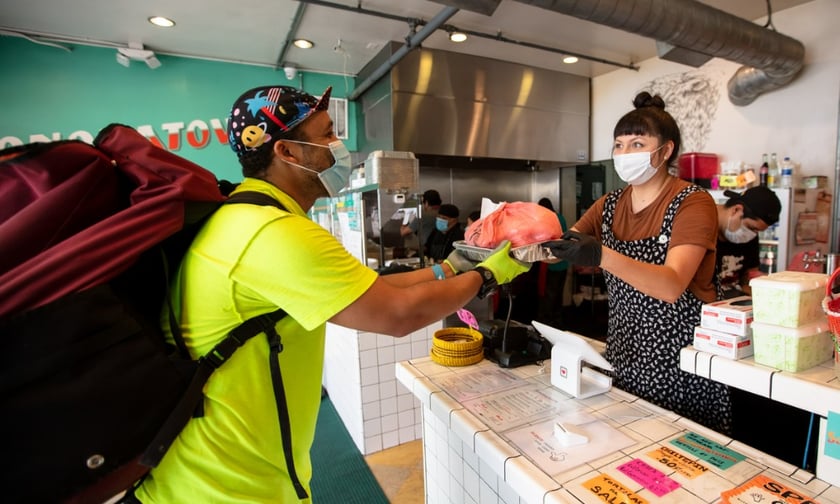

The federal government seeks to change laws to boost work security for millions of Australian workers in the “gig economy.”
The gig economy includes task-based work that consumers can access through online platforms, including food delivery and private transport services apps. However, with gig economy workers still treated as independent contractors, they find it challenging to get coverage for risks related to their job.
“Gig workers kind of sit somewhere in the middle because they do have the independence that traditional contractors have. And a lot of them like that independence, that freedom. But on the other hand, they move, quack, and swim like ducks. So, they look like employees because, in reality, they can be subject to serious control,” said Dr. Giuseppe Carabetta, associate professor of employment law with the UTS Business School, as reported by ABC.
As a result, the federal government has launched a consultation on new laws to boost work security for gig economy workers, including providing minimum wages, job security, and better working conditions.
The insurance industry has been calling for better coverage for gig economy workers, with some releasing products to support these workers.
In late 2021, car insurance start-up Ride Protect launched an innovative rideshare insurance offering after it found that up to a third of gig economy drivers had not told their insurer that they were part of a rideshare or food delivery service or were unaware that they needed a specific “add-on” to their current insurance policy, resulting in denied claims. Meanwhile, Willis Towers Watson (WTW) teamed up with a European insurtech to distribute insurance products for independent workers working with digital platforms in Asia-Pacific.
The industry's calls for better benefits in gig economy did not fall on deaf ears. Last year, former Fair Work Ombudsman Natalie James held an inquiry into the gig economy for the Victorian government, questioning the lack of transparency about entitlements for workers, leaving platforms on the upper hand.
In a previous statement issued to NewsBreakfast, James said: “There is a lot of variation, a huge diversity of people who are accessing work in this way, from professional people, sales, marketing, skilled tradespeople, all the way through to your food and food delivery and rideshare drivers as well as caring workers.
“We do have to ask the question: for these low-leverage, vulnerable people, migrant workers, visa holders, young workers in what is a pretty hostile labour market at the moment, are we comfortable with that lack of any standard or protection?”
